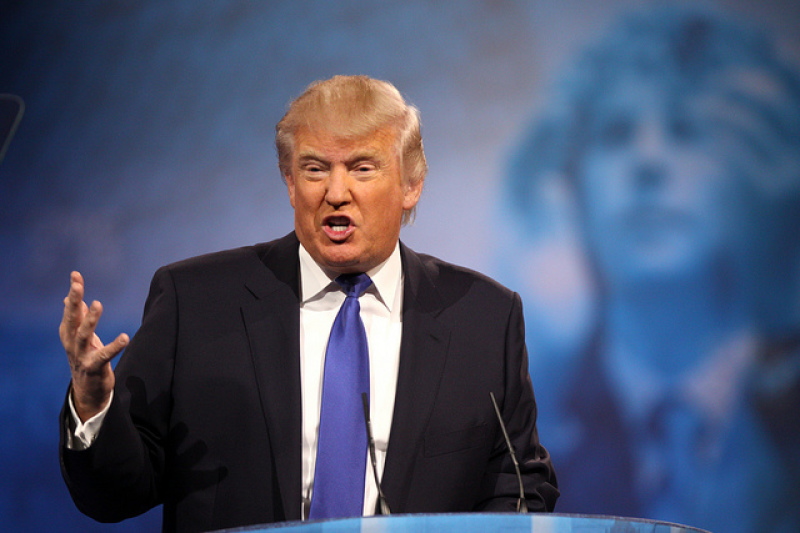
One-third of white evangelical Trump supporters say they support him in part due to their opposition to Hillary Clinton, according to a recent survey.
Pew Research Center conducted a survey online and by mail in August and September on 4,538 adults, a majority (3,941) of whom are registered voters.
A similar response came from Hillary Clinton supporters who mentioned opposition to Donald Trump as a contributing factor to the reason that they chose to support Clinton.
Besides opposition to Clinton as reason for their support, Trump supporters also cite a variety of other reasons.
One quarter (27 percent) cite his position as a political outsider who will bring change, or his various policy positions (26 percent) as some of the main factors in their vote.
"...he's not a career politician, and he doesn't owe politicians anything. He's got real-world experience that most career politicians lack," a 43-year-old Trump supporter said, according to the survey.
Among his various positions, eight-in-ten white evangelical Trump supporters cite his views on terrorism as a "major reason they support him."
In response to the Nice attack in July, Trump said, according to Fox News, "I would not allow people to come in from terrorist nations. I would do extreme vetting."
He asserted, "We should only admit in this country those who share our values and respect our people," arguing that "the time is overdue to develop a new screening test," in a speech on terrorism at Youngstown State University in August, according to CBS News.
Two-thirds of white evangelical Trump backers cite his leadership ability and his views on immigration as other major factors that contribute to their support.
His views on race relations (29 percent), and his personality (16 percent), are the least cited reasons for participants' support.
In fact, over one-third of registered voters who are Trump backers mention his personality, specifically his temperament and unpredictability (34 percent), as their main concern about Trump.
According to a different survey by Pew, positive views of presidential candidates have declined significantly for the first time since 1992. A greater share of Americans describe themselves as "frustrated" (52 percent), "disgusted" (55 percent), or "scared" (43 percent) than they say they are "optimistic" (15 percent) or "excited" (10 percent) about this year's campaign.


















